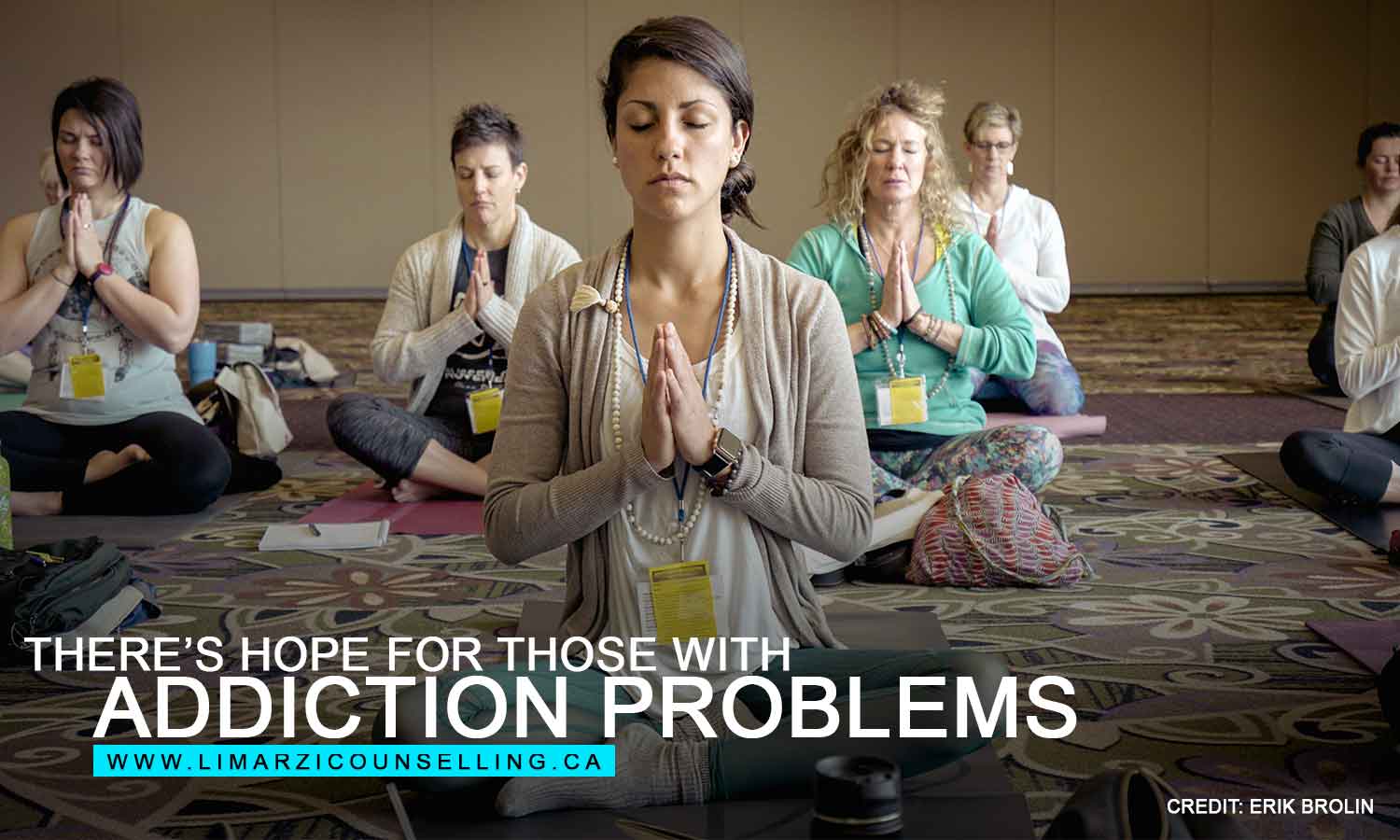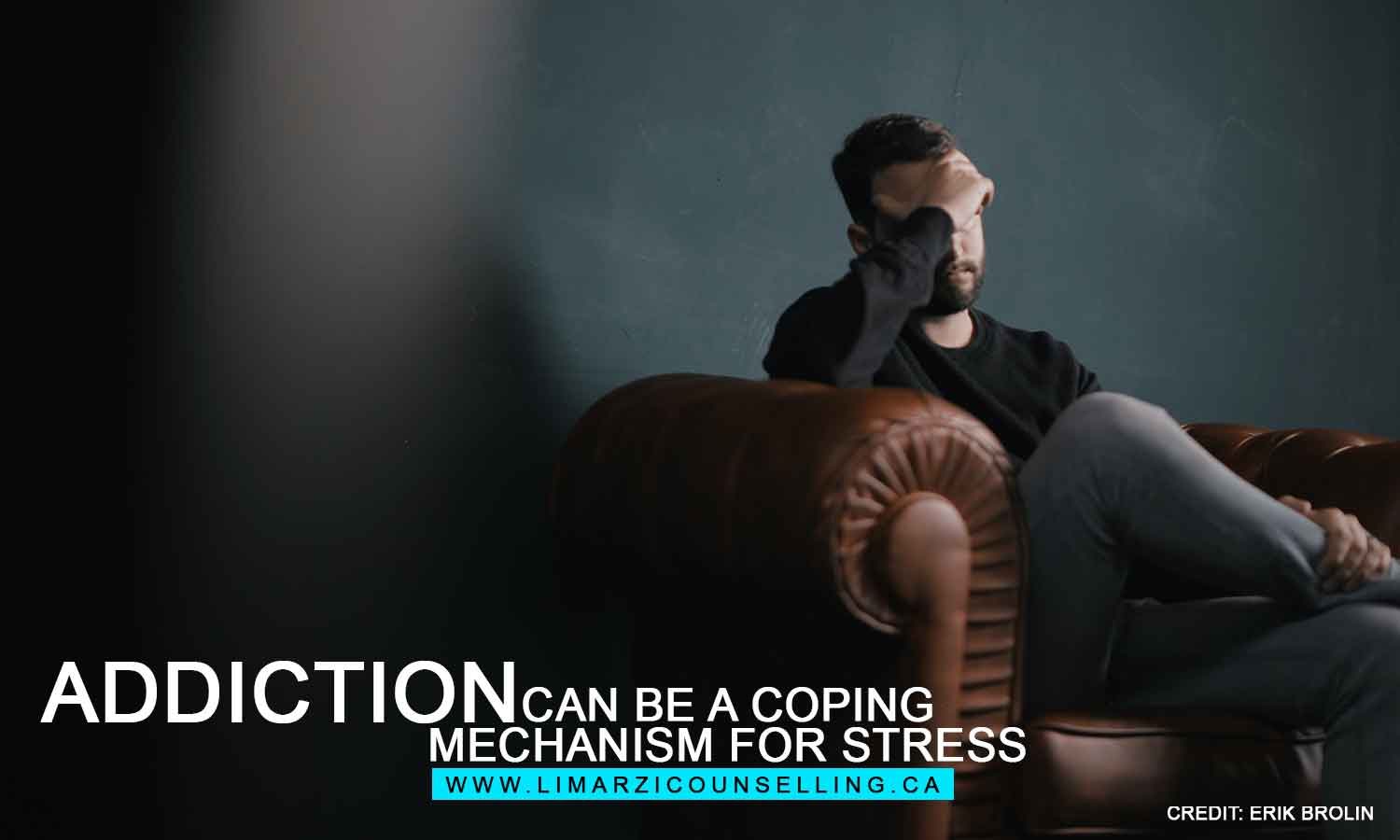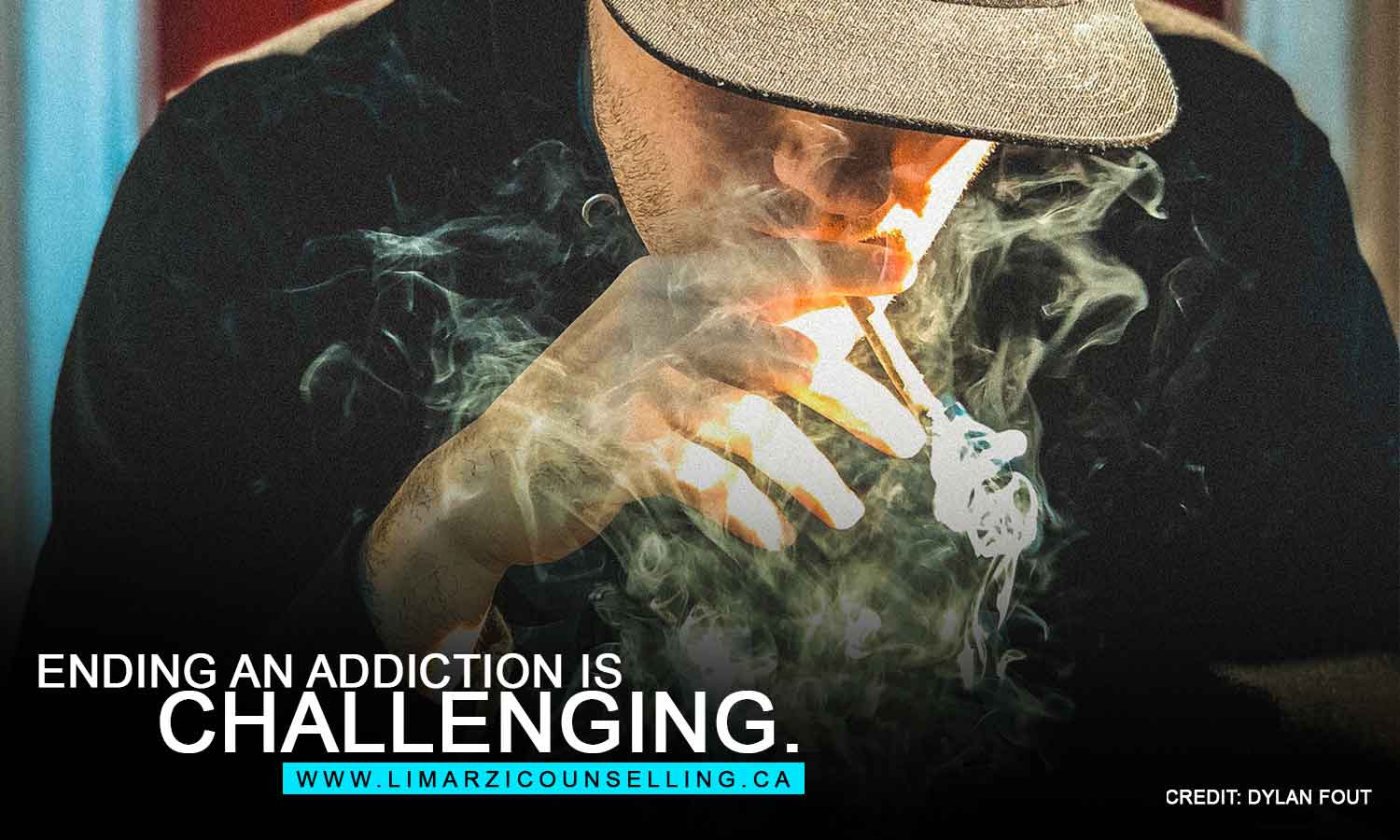8 Signs of an Addictive Personality
Some people may be more prone to addiction than others. People with an addictive personality often tend to have an excessive need to perform certain actions (e.g. overeat, drink, gamble, play video games, avoid eating, or use social media). These activities are not necessarily “bad” in moderation, however if you become addicted to them, can become unhealthy.
There are some signs that may become visible in individuals who suffer from addiction. Look for these common personality traits if you are concerned about a friend or family member. In case of a severe addiction, consider speaking with a qualified therapist to help kick the habit.
-
Poor self-esteem
– People who struggle with depression and low self-esteem are vulnerable to developing an addiction. Psychological issues may create problems with brain chemistry, which can influence an individual to self-medicate.
Signs that who suffer from Addiction:
When someone is extremely sad or feels out of control, they may overindulge in alcohol or other substances. Intoxication further imbalances brain chemistry, possibly leading to a cycle of negative behaviour. Mood swings are a common symptom of addiction. Thus, your mood may feel improved when experiencing a “high,” but when it ends, the “low” is worse than the feeling prior to the mood change.
-
Constant stress
– Individuals who experience chronic stress and anxiety can develop addictions. Some people turn to addiction as a means of coping with high levels of stress, and it may seem to provide some short-term relief. However, in the long run addiction becomes harder to manage.
Substance abuse and impulsive decisions can trap users. Individuals struggling with addiction may show poor impulse control. It is common to make sudden decisions without considering the consequences. Almost everyone succumbs to temptation from time to time. However, chronic, impulsive behaviour (e.g. inability to stop after consuming a couple of alcoholic beverages, repeated, angry responses to inoffensive questions, eating an entire packet of cookies every time you purchase them) may indicate an addictive personality.
-
Difficulty committing to goals
– People with addictive tendencies often have trouble meeting goals and expectations. This impulse includes meeting personal goals and/or goals set by others. It can make it difficult to follow through with commitments after initial enthusiasm fades.
Even people who seem “driven” can experience the urge to ignore their responsibilities to themselves and/or others. Consuming intoxicating substances can worsen this tendency. As the addiction evolves, it becomes harder for an individual to think about the future.
-
Antisocial tendencies
– Addiction is more likely to present itself among individuals experiencing social isolation or loneliness. A lack of connection or feeling of disassociation can lead to behaviour that further isolates people.
-
Nonconformity
– Sometimes people with addictive personalities can have a rebellious streak. Those who feel less connected to society or their community may act out in ways considered “socially deviant,” or dangerous. If you are concerned about someone you love disconnecting from those around themselves, please talk to them and recommend they get help.
-
Thrill-seeking
– Addiction may sometimes go hand-in-hand with a desire for sensation. This desire can manifest itself with an individual attempting thrilling (dangerous) activities. They may drive too fast, take unnecessary risks, or do drugs.
People with addictive personalities can also grow addicted to the release of neurotransmitters in the brain. These chemicals are responsible for the thrill “feel.” In the case of drug addiction, a tolerance to drugs may develop— resulting in increased consumption to achieve the same high.
-
Self-destructive tendencies
– In extreme cases, some personalities may develop a sense of apathy and become unconcerned with their personal well-being. In a worst-case scenario, they could ignore major (or dangerous) consequences to themselves or others.
-
Inability to “stop”
– Sometimes, people claim they can stop certain behaviors when they want, but it’s not that simple. This is most visible in drug use (which may create a psychological or physical dependency), or other addictions.
If you recognize certain traits in yourself or a loved one, take steps to get counselling and treatment. Once you recognize addictive tendencies, you can start working together to combat them.
Use these tips to manage your urges and take control:
-
Admit the problem
– The first step to overcoming an addictive personality is recognizing one’s behaviour. Own your actions and take responsibility for them. Accept help from counsellors, friends, and family members who want to help.
-
Get informed
– Knowledge is power; do some reading about addiction and how to deal with it. If you’re not into books, look at reputable sites online. A certified counsellor or doctor can make recommendations.
-
Keep a journal
– Write down thoughts and feelings in a journal. Detailing your experiences can give a therapist a reference to help identify challenges and chart your progress. Include any temptations you experience. Explore what you thought in those moments and try to understand addictive behaviours. Identify triggers and learn to avoid them.
- Have a support system – Recovery often begins with family and friends who backup your decision to overcome an addiction. Healthy relationships can go a long way toward supporting you. Additionally, consider joining a well-established support group (e.g. Narcotics or Alcoholics Anonymous). It’s reassuring to hear you are not alone in fighting an addiction, and get advice from other recovering addicts.
-
Relax
– People often turn to addictive behaviours to relieve stress. Cultivate healthier methods of relaxing (e.g. exercise or meditation). When you feel anxious, take time to center yourself.
-
Cultivate hope
– Try to embrace a belief that you can change. Believe in yourself and start working toward short term goals. Cultivate a hopeful attitude to begin fighting any negative tendencies.
While these strategies can help you, they are no substitute for professional assistance. Consult a licensed counsellor and get a psychological assessment to get the support you need. Breaking an addiction is challenging; a trained therapist can offer the treatment you need to help beat it.
Contact Wendy Limarzi’s Depression and Relationship Counselling Services for psychological help in Windsor, Ontario. If you need help, call for: addiction issues, counselling for anger management, depression, and parenting challenges, call at (519) 253-1519. I’m here for you.






